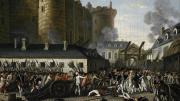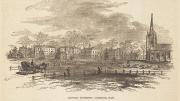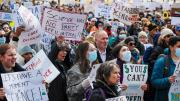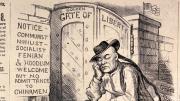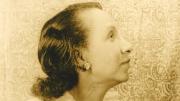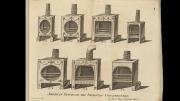Robert Darnton, Pforzheimer University Professor and University Librarian emeritus, is a formidable historian of the book and of France. In his sweeping new book, The Revolutionary Temper: Paris, 1748-1789 (W.W. Norton, $45), he probes the information economy of the capital—the café chat, pamphlets, gossip, and other circuits—to find how events (adverse treaties, royal depravity and corruption) were refracted and gave rise to a new, radical public consciousness punctuated by hatred of despotism, love of liberty, commitment to the nation, moralizing, and other tenets. His analyses of those channels of opinion formation, and of the radicalization of civic thought, both bear contemporary contemplation. From the afterword:
Today most of us live in a world that we take to be not the best but the only world possible. The French Revolution has faded into an almost imperceptible past, its bright light obscured by a distance of more than two centuries, so far away that we may barely believe in it. For the Revolution defies belief. It seems incredible that an entire people could rise up and transform the conditions of everyday existence. To do so is to contradict the common working assumption that life must be fixed in the patterns of the common workaday world.
Have we never experienced anything that could shake that conviction? Consider the assassinations of John F. Kennedy, Robert Kennedy, and Martin Luther King Jr. Consider September 11, 2001. All of us who lived through those moments remember how they exploded into our daily lives. We suddenly stopped in our tracks, and in the face of the enormity of the events, we felt bound to everyone around us. For a few instants we ceased to see one another through our roles and perceived ourselves as equals, stripped down to the core of our common humanity. Like mountaineers high above the daily business of the world, we moved from vous to tu.
I think the French Revolution was a succession of such events, events so terrible that they shook humanity to its core. Out of the destruction, the French seized a new sense of possibility—not just of legislating liberty, but of living by the values of equality and fraternity. Of course, those values were limited by what was thinkable at that time. They excluded women and failed to do justice to many inequities. Few historians would assert that great events expose some bed-rock reality underlying history. I would argue the opposite: great events make possible the social reconstruction of reality, the reordering of things-as-they-are so they are no longer experienced as given but rather as willed, in accordance with convictions about how things ought to be.
